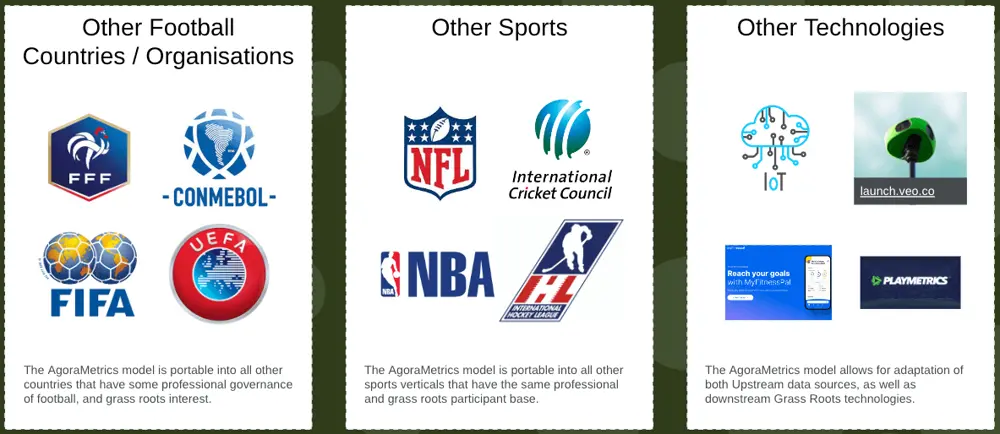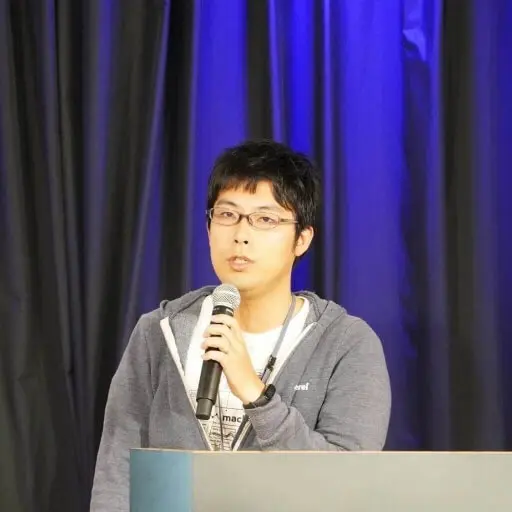As part of Monstarlab's 4th edition of the internal hackathon, MonstarHacks, the theme was to leverage cutting-edge technologies to innovate within the sports industry by developing solutions that enhance fan engagement, optimise athletic performance, and transform sports venues into smart environments.
Together with Amazon Web Services, the world’s most comprehensive and broadly adopted cloud, this event allowed us to explore over 200 fully featured services from data centers globally including AWS’s Generative AI and Machine Learning technologies.
The Team
, who took their vision and ran with it in Figma for mockups and ident.
Drum & Bass.
The Problem
We decided to focus on Performance Analytics (Athlete View), looking at holistic and historic sports data to try and consider insights that could improve athletic quality and wellbeing.
- Develop solutions centred around athlete data including tracking for performance, health, and safety.
- Employ machine learning to predict in-game strategies and prevent injuries.
- Generate real-time insights that can influence game-day decisions and strategies.
- Enhance scouting and recruitment processes.
- Predictive Analytics and Insights
As we’ll see, this proved more difficult in reality… The business case proposed turns this hurdle into an opportunity.
Staying close to home
All members of Team 5 grew up within a few miles of Newcastle United Football Club and are all lifelong fans.
”.
 and Basketball (NBA) leagues have a level of ownership over this data, more so in the NFL.
Money is shared, but not data or insights
While top clubs have the finances to invest heavily into Sports Science, this investment is only available down to tier 4 or 5 of the EFL Pyramid and although TV Revenue does flow down, although only so far, the insights available from Sports Science does not.
 and the General Directorate for Sport, have developed the Sport Data Hub - FFS.
, to share data that allows for aggregate comparative analysis at national and international level.
 and the PFA (Professional Footballer Association). The FA governs the UK National Game with the PFA providing Union and wellbeing support for professional players in the UK.
Promoting health and wellbeing, and the power of teamwork, with our new strategy for 2020- 2024, we have a plan for all. Positively impacting every community across the country. Everyone can win if we build on the progress made over the previous four seasons. We’ve moved forward in every area, modernising our organisation to serve a game for all. We have a great platform to build on. We will keep pushing forward. It’s time to deliver real change.
The Football Association (FA)
We believe in the unifying power of football in society, and are committed to empowering footballers to recognise their value as people, not just players. We protect players' rights, represent their views and provide support through a wide variety of educational, financial and wellbeing services.
The Professional Footballer Association (PFA)
FA Vision
From team managers and club secretaries through to players and parents, Whole Game is for the whole of grassroots football.
Whatever your role in the game and whatever you do, Whole Game can help you to do it faster and more effectively.
You’ll find club data – such as player contacts, qualifications, discipline records and so much more all in one place, which is great news for managers and club secretaries when it comes to club admin and monitoring player availability.
You only have to input a player’s details once – and the system fully integrates with both Full-Time and the Matchday app to make access and management of information simple.
.
 on a Sunny Day.
 as well as primary ident colours taken from the pitch and the sky.
Our logo is intended to convey the notion of team sport in general, with data points composing the “ball”. This ensures we’re not locked into “Football” as a sport.
User Features
We included a finite set of App Features to discuss for the prototype. These allowed us to explore both the benefits of possible insights the Machine Learning and Data science might hunt for, and also how players and coaches might use these features.

Future Opportunities

Conclusion - The Hackathon Experience
While we both entered the weekend hoping to create a tangible working prototype utilising some cool functionality from Amazon Web Services - the time spent trying to access and retrieve data for our initial idea meant we had to pivot to a more conceptual approach.
We realised that the main problem with our idea was not the data itself - this exists and is studied in depth, but only by those who have the funds and resources to do so. Top clubs have entire teams dedicated to Data Science and utilising the latest and greatest in sports analytics - but, for good reasons, this data is held onto and not shared. However, the insights and models which can be obtained from this data can benefit lesser teams - and in return, more data can be utilised by the system to benefit all.
It is this democratisation of data, insights and models which we explored and feel fits well into the visions of both the FA and PFA and could potentially be implemented across many different sports communities.
We both look forward to the next Hack!
Article Header from Ross Davidson, Article Photos from NUFC, transfermarkt, French Olympic Committee, French Football Federation




